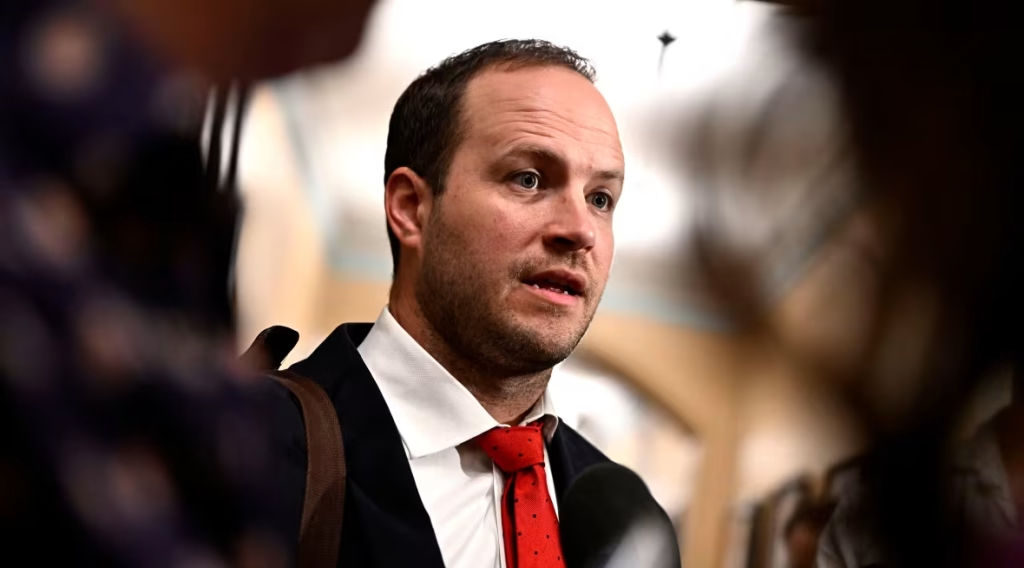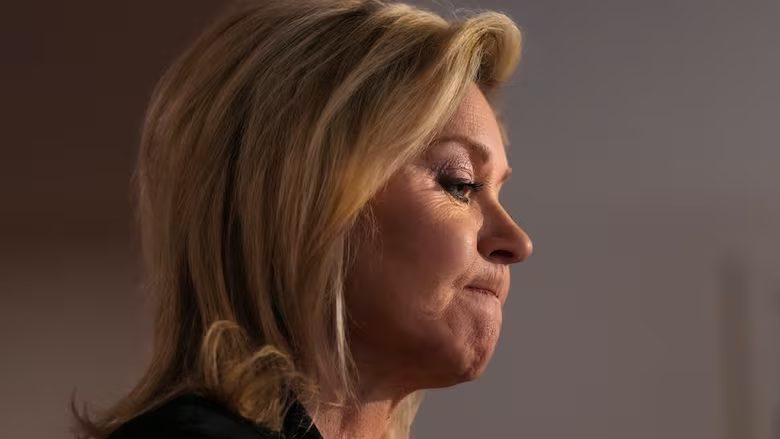The Ontario Liberal Party is once again in search of a new leader after Bonnie Crombie resigned following a tepid 57 per cent endorsement in a mandatory leadership review. Her departure comes just months after the Liberals’ disappointing third-place finish in a snap provincial election that delivered another majority to Premier Doug Ford.
Crombie initially signalled she would stay on, but after meeting with the party executive, she announced her decision to step aside, saying the party needed “an orderly transition” toward a leadership vote. The move has triggered the Liberals’ third leadership race since 2018, underscoring the party’s struggle to rebuild after years of electoral defeats.
A post-election debrief praised the Liberals for regaining official party status but criticized major elements of Crombie’s campaign strategy — from focusing too narrowly on health care to letting Ford frame the election as a showdown over U.S. tariffs. Party insiders say the review also exposed deep divisions between Crombie’s centrist approach and more progressive voices like federal MP Nate Erskine-Smith, who came close to winning the 2023 leadership race and may run again.

Strategists and political scientists say the party now faces an existential debate over its identity, with some members calling for “new blood” outside the current 14-member caucus to reinvigorate the party and inspire new volunteers. The campaign report warned that the Liberals are struggling to connect with younger voters, unions, and communities outside the GTA — a problem that has persisted through three election cycles.
While some see a new leadership race as a chance to attract fresh talent and energy, others warn it could deepen existing fractures and further delay the party’s rebuild. As University of Ottawa professor Geneviève Tellier put it, the Liberals still need to answer a fundamental question: “Why should Ontarians vote Liberal?”

